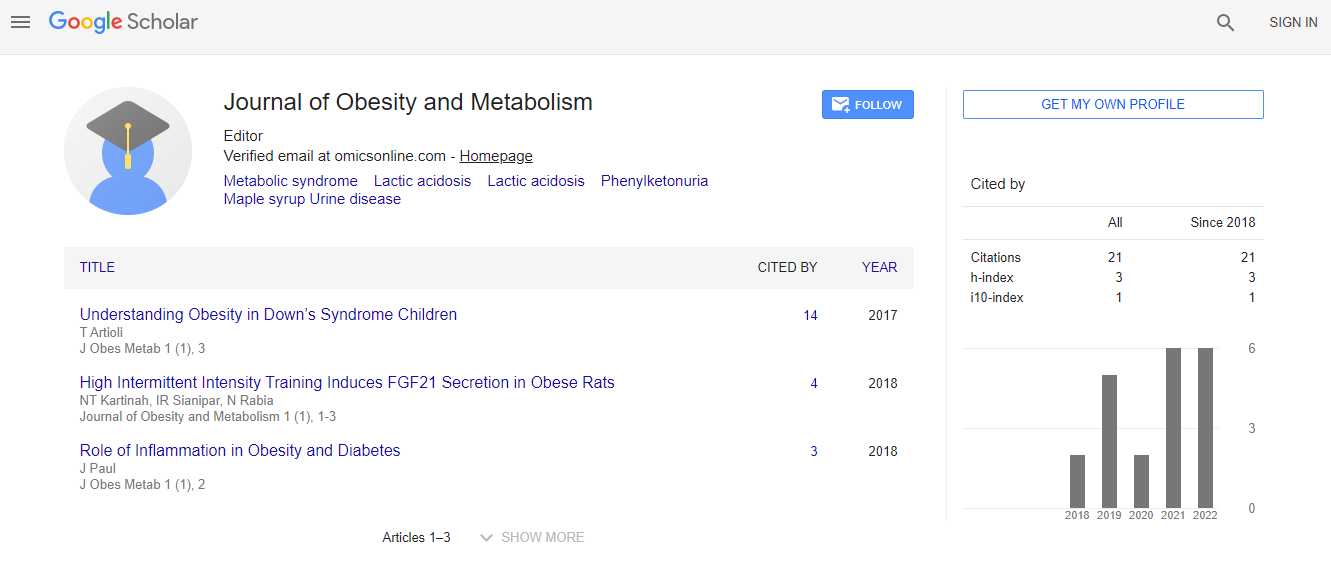Development of high resistant starch wheat that reduces glycemic (GI) index, chance of Type II diabetes and tumorigenesis and improve blood glucose level and microbiome.
*Corresponding Author:
Copyright: © 2020 . This is an open-access article distributed under the terms of the Creative Commons Attribution License, which permits unrestricted use, distribution, and reproduction in any medium, provided the original author and source are credited.
Abstract
Conventional wheat-based foods contain high concentration of highly digestible starches that give high glycemic index (GI). It might contribute to metabolic disorder such as type II diabetes, colon cancer and cardiovascular disease. The main objective of this study was to determine the effect of high resistant starch (HRS, ~40%) on the postprandial glycemic value in contrast to food made from conventional wheat containing low resistant starch (LRS, ~1%). Further, HRS wheat was explored to study the ameliorative effects of RS on type II diabetes and tumorigenesis. Both In-vitro and In-vivo study were designed for GI study of HRS wheat mutant. Six groups of C57BL6/J mice were included for GI study. Among 5 HRS wheat mutant with control ‘C306’ (LRS), two mutant ‘TAC 28’ and ‘TAC 35’ were found significantly low GI (~25-30% lower GI than ‘C306’) that were confirmed by Invivo. Blood glucose level (BGL) and body weight of HRS line fed mice was lower than LRS line fed mice.

 Spanish
Spanish  Chinese
Chinese  Russian
Russian  German
German  French
French  Japanese
Japanese  Portuguese
Portuguese  Hindi
Hindi 